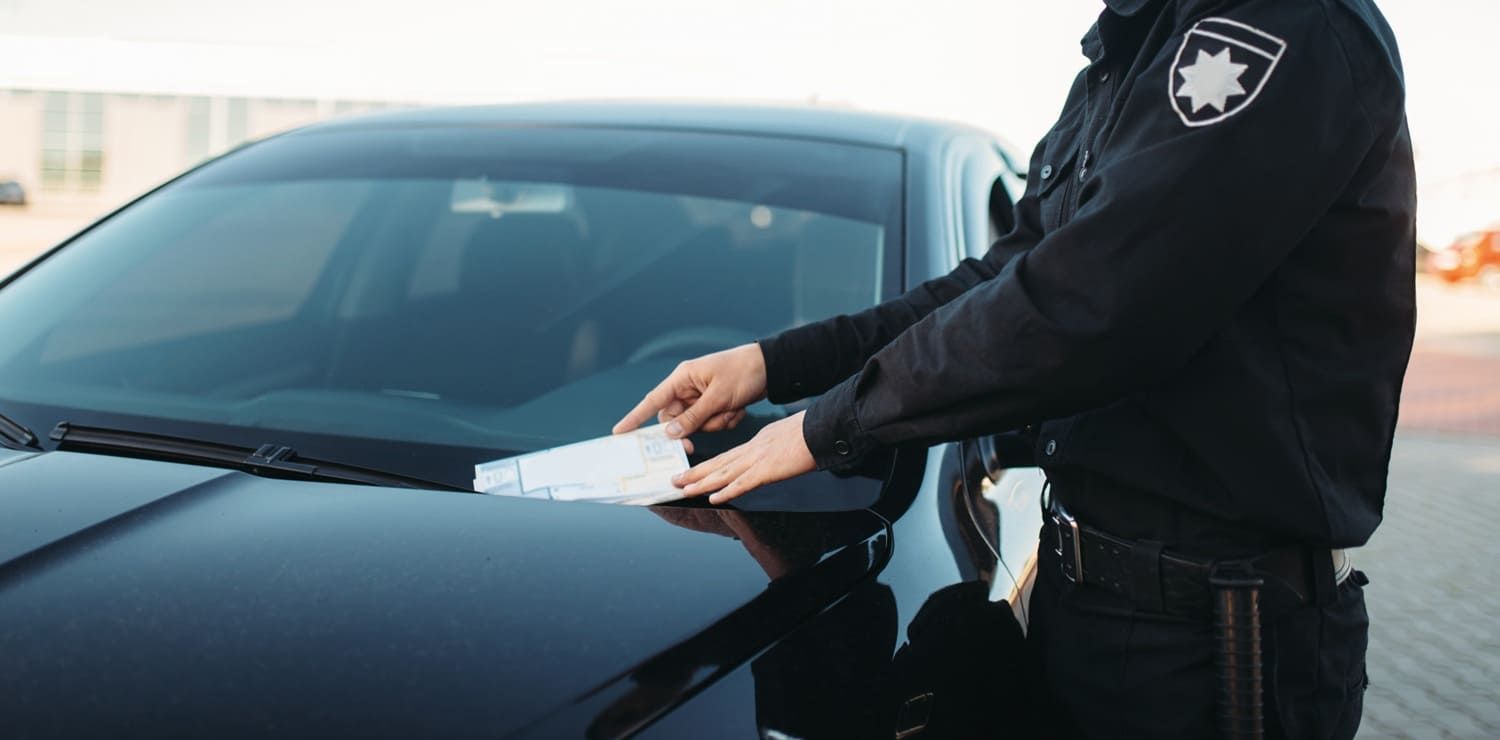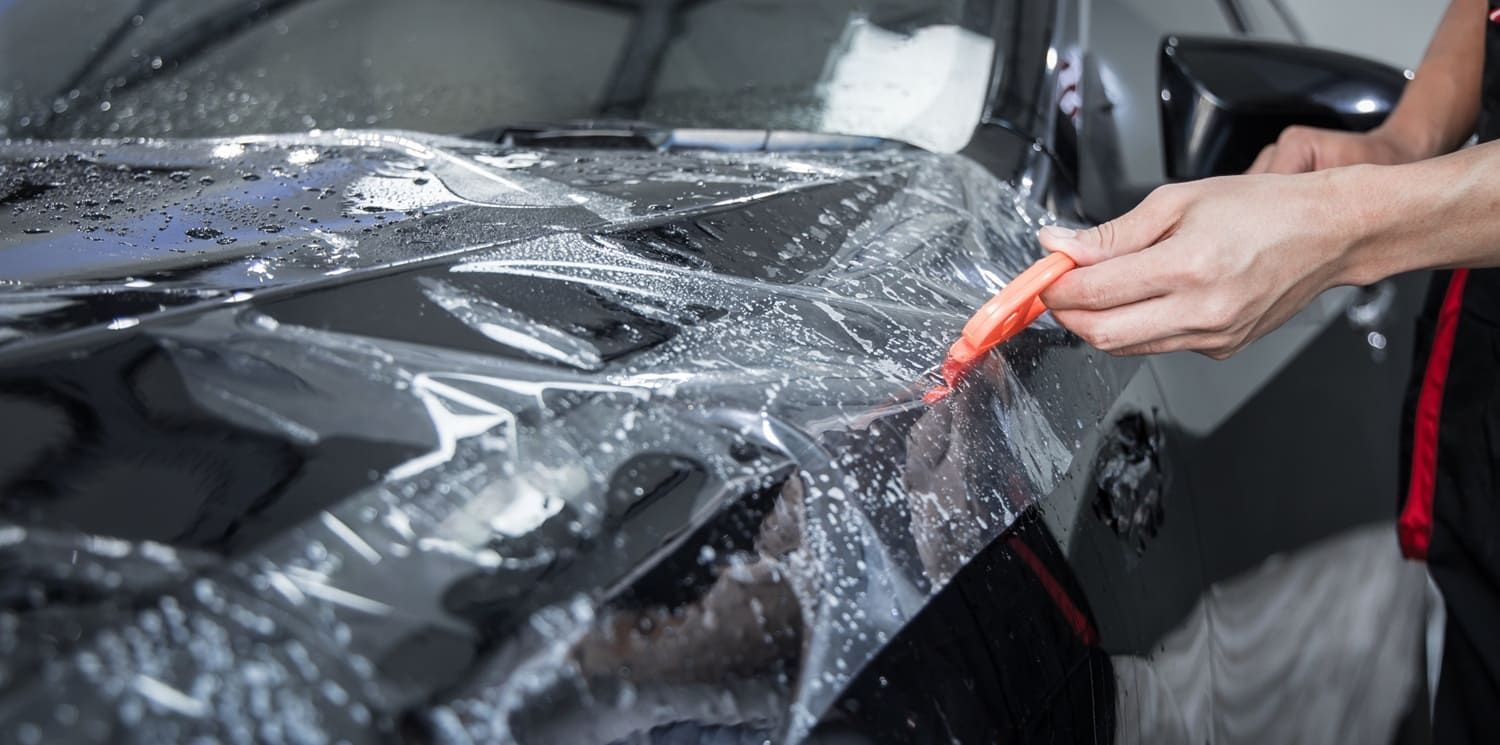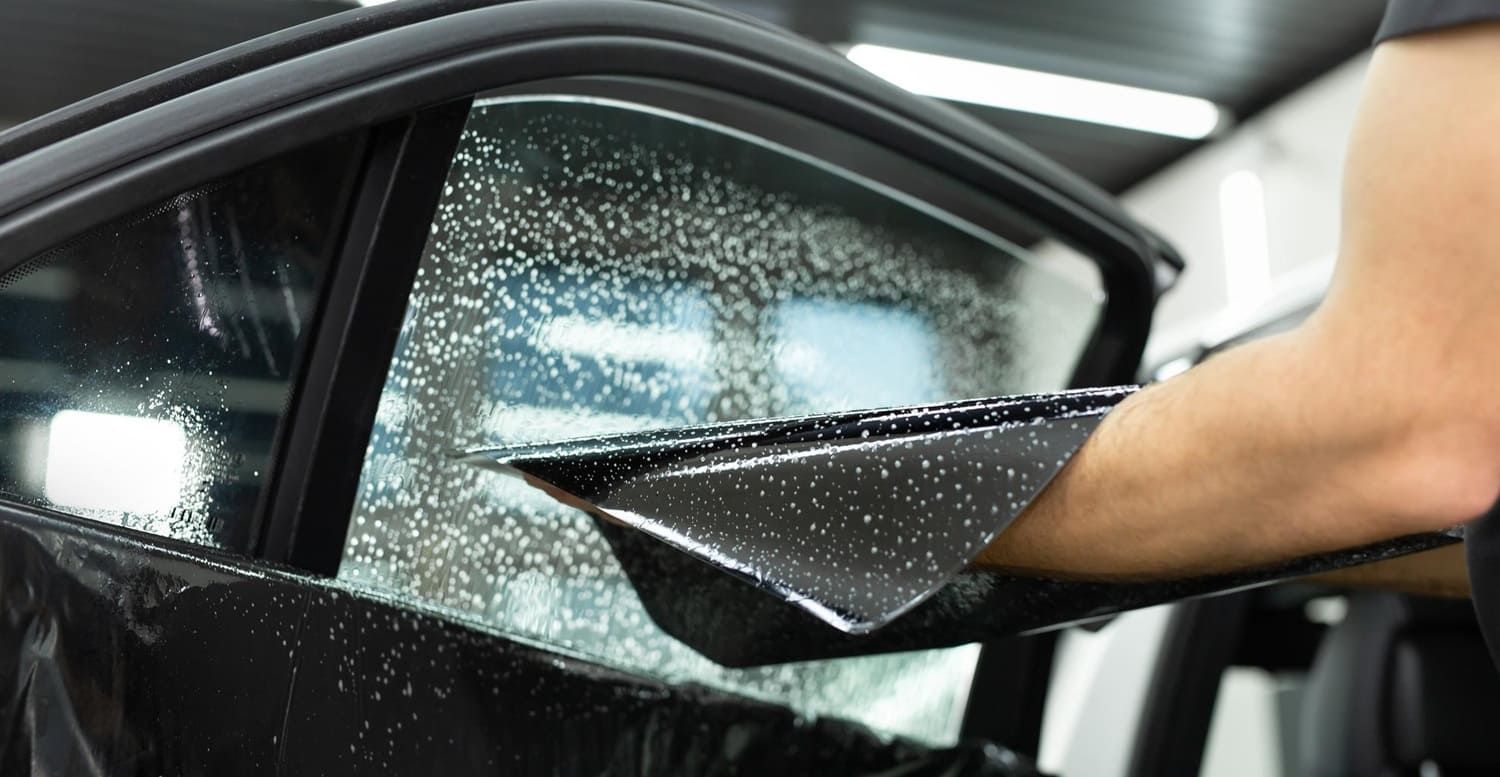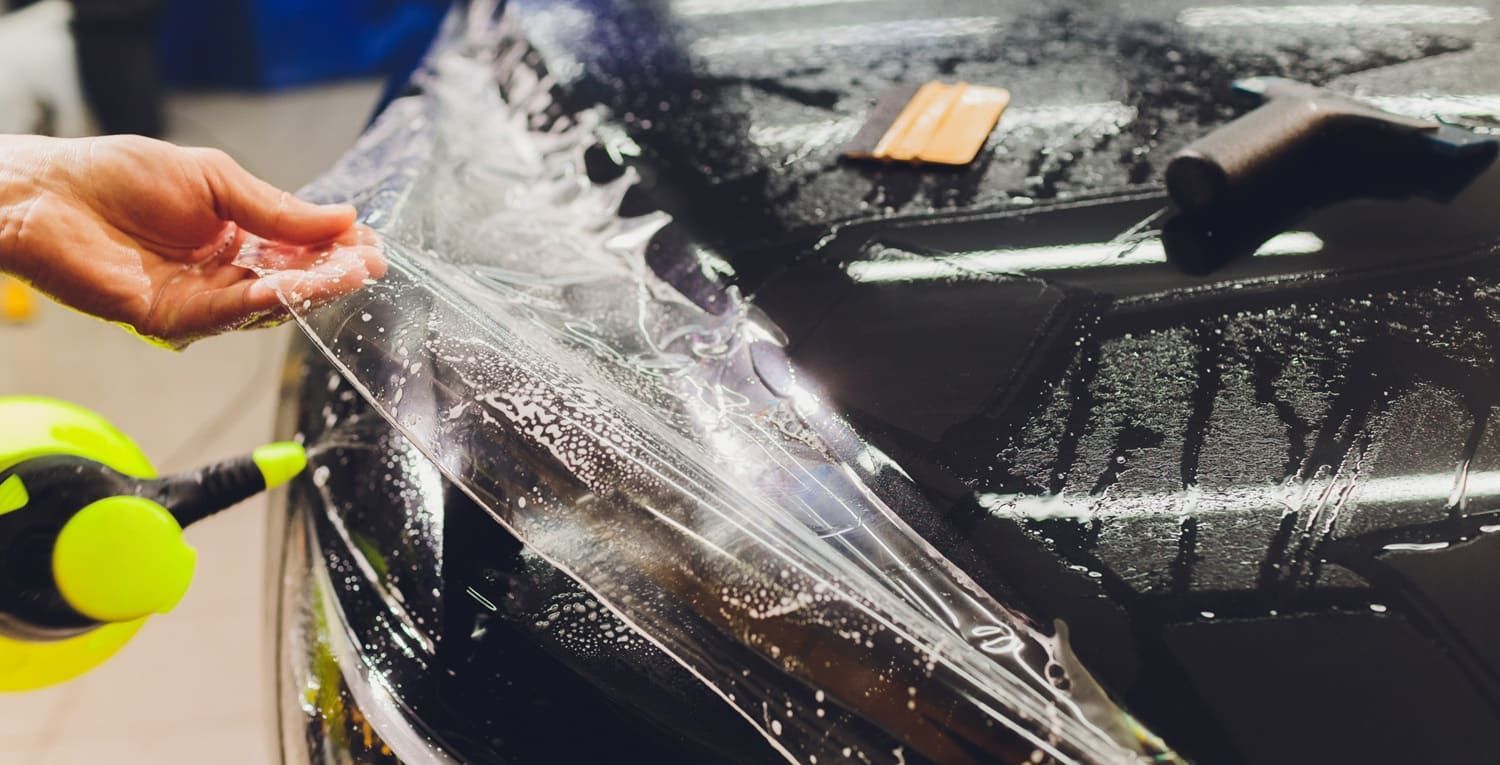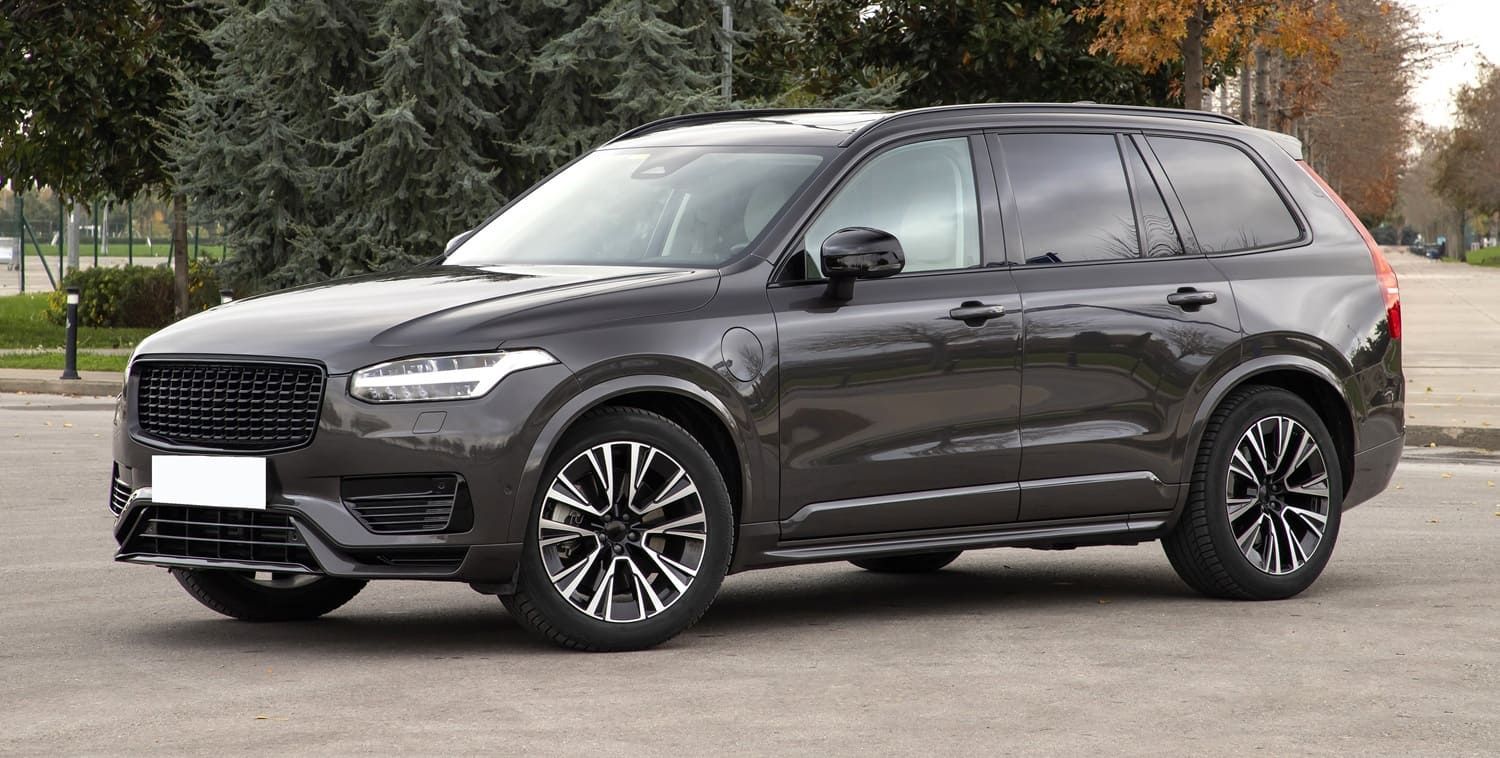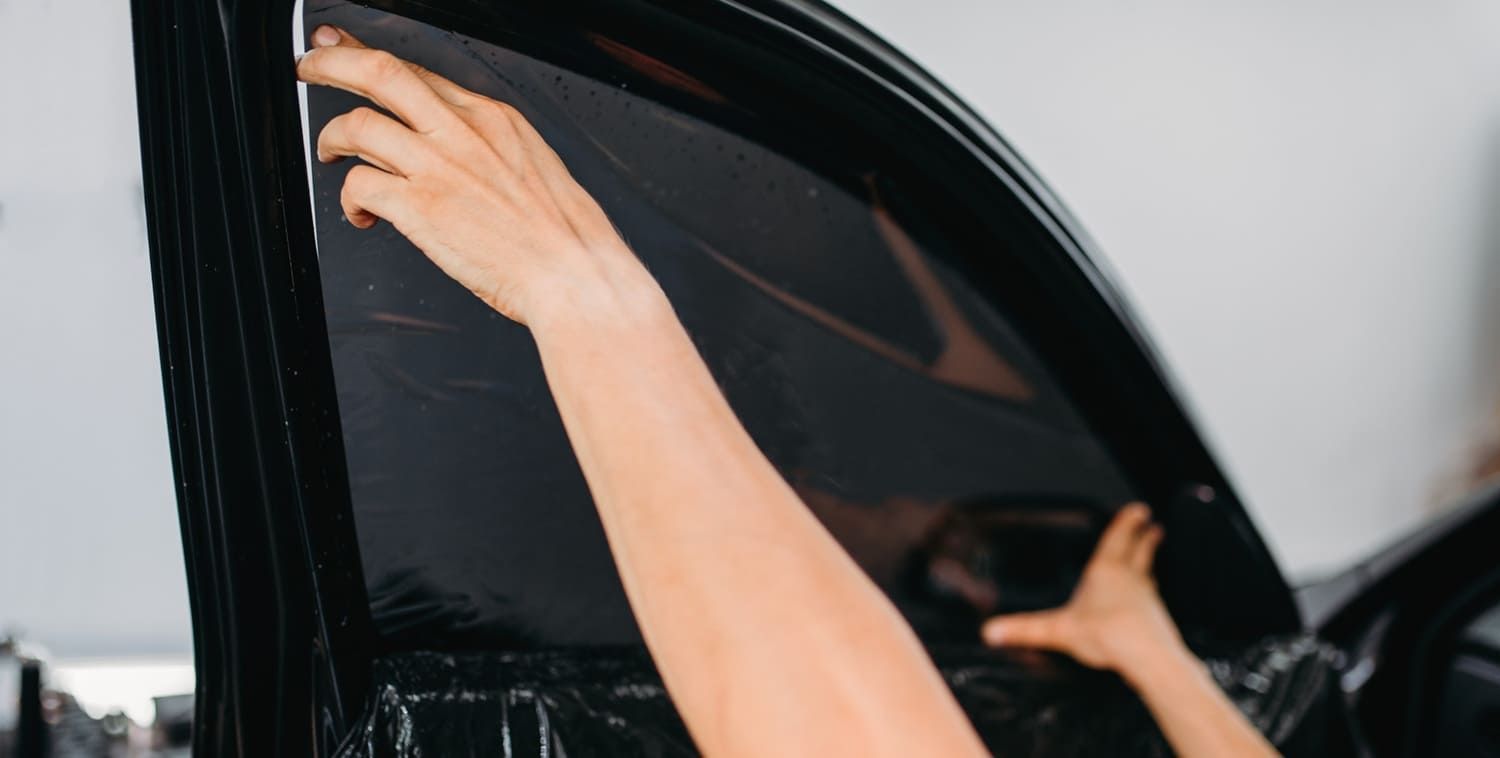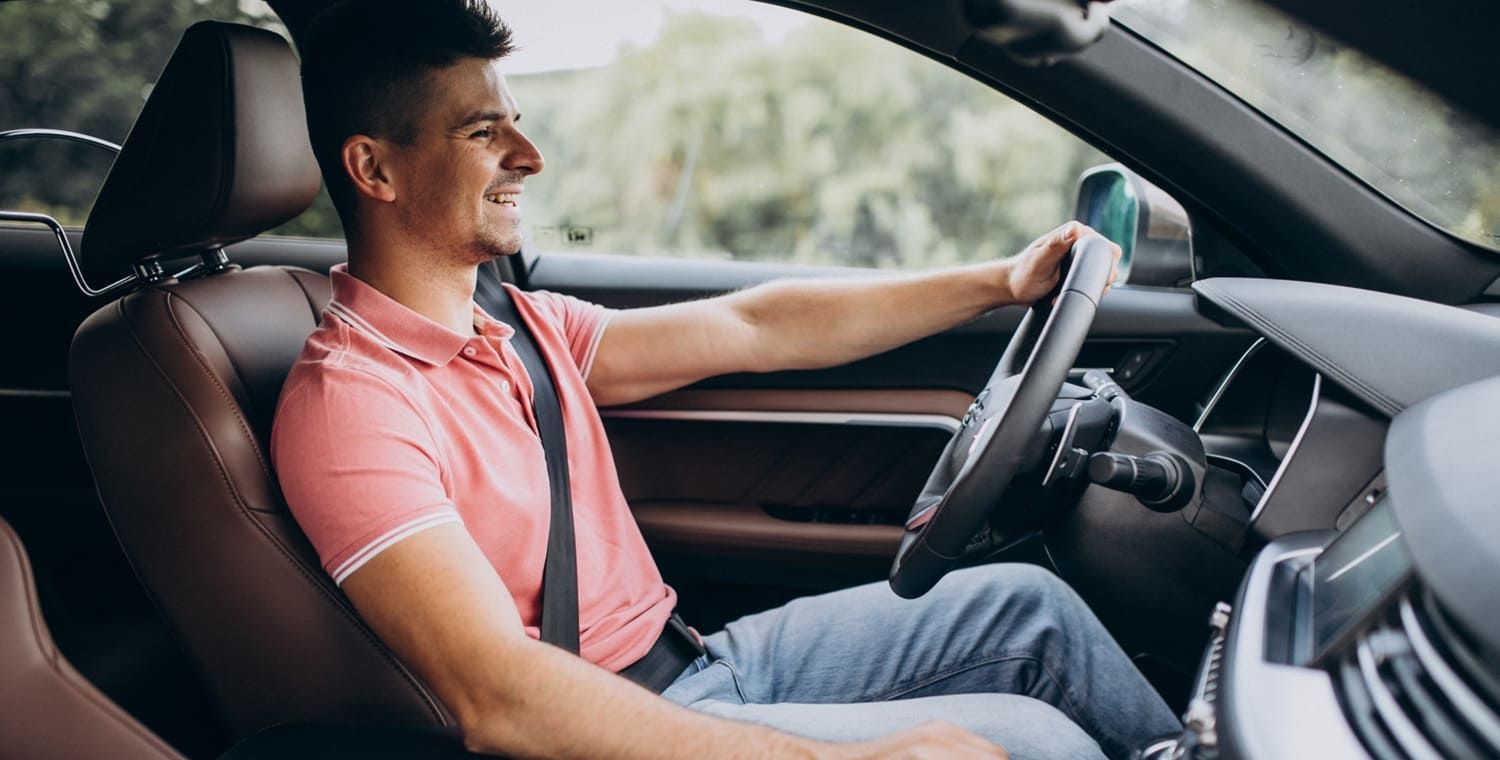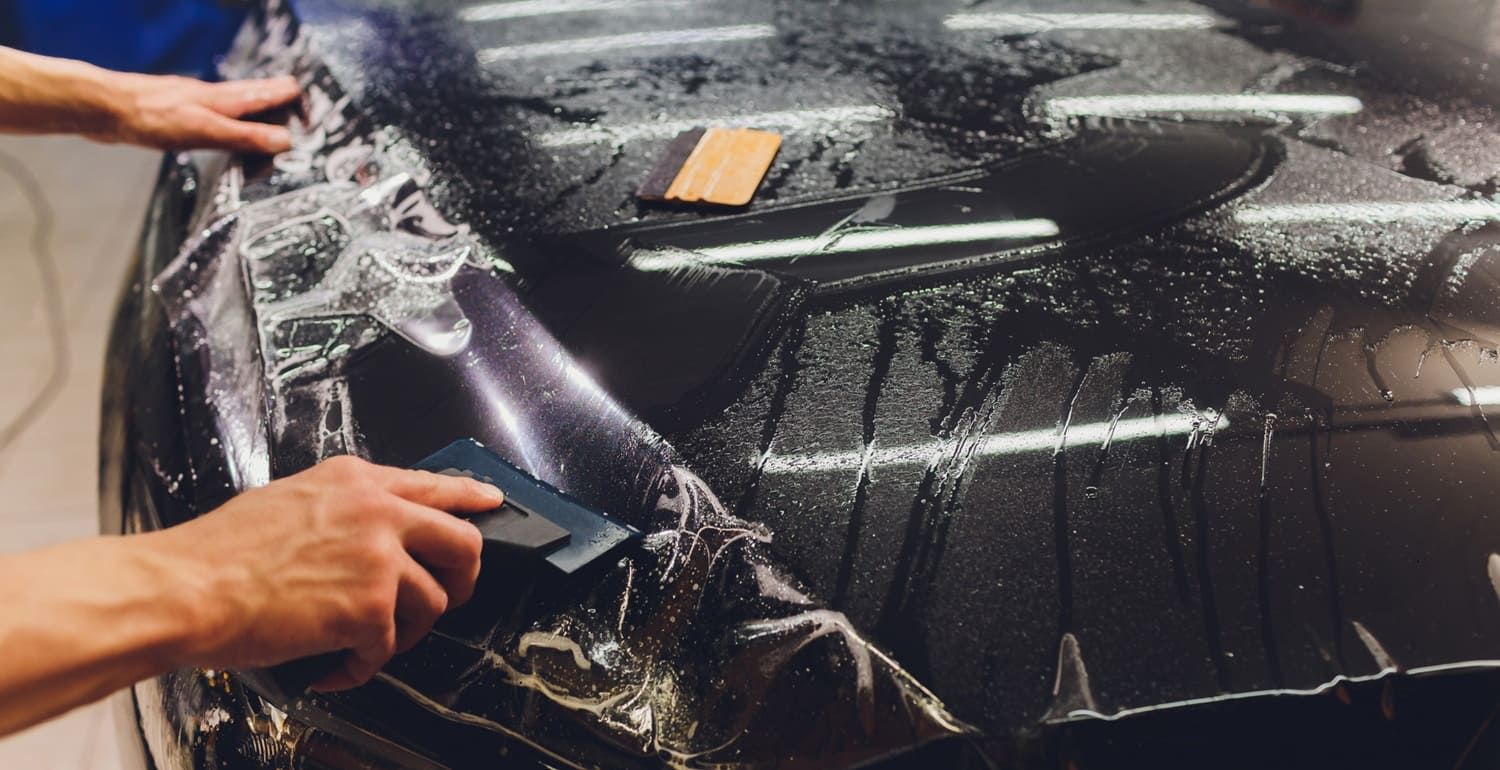What's Legal in Florida? Your Guide to Florida Window Tint Law
Window tint is great for blocking UV rays and reducing heat, but the law has limitations. Learn all about Florida window tint law here.
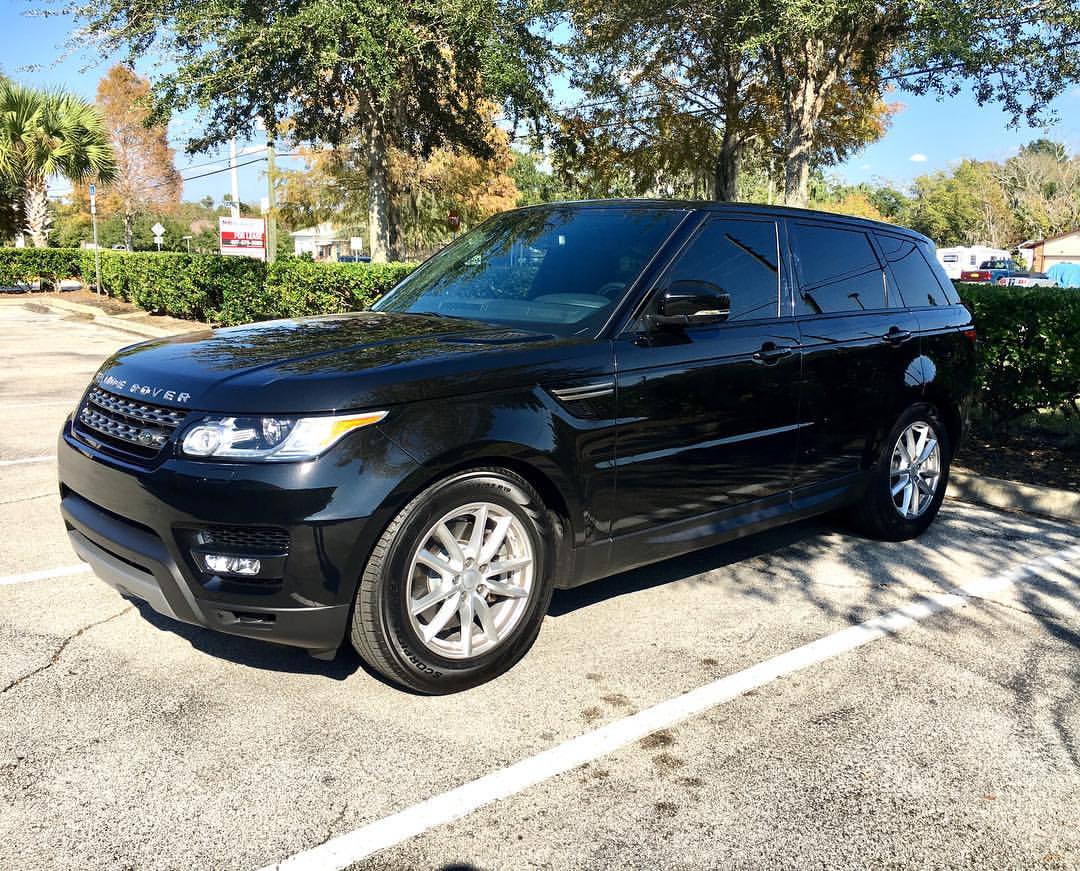
A professionally-installed window tint can elevate the look of your vehicle. It's also an excellent way to help moderate the temperature inside your car throughout the year.
Choosing the best auto window tinting service makes it a worthwhile addition to your ride, but that's not the only thing to consider when adding window tint. Florida window tint law has several limitations on tinting, including where you can place tinting, and how dark it can be.
Before you pay for darker windows, make sure you understand the law! Keep reading to learn everything you need to know.
Location Matters
Covering every window of your vehicle with dark tint will make it illegal to drive on the road without facing fines. Which windows are legal for tint?
In Florida, you can apply tinting to the rear window and driver and passenger windows. Despite the challenges of driving into the bright sun that comes through your front window, don't try to minimize the brightness with tinting that blanket the entire front windshield. Tint cannot go below the manufacturer's AS-1 line, and it cannot have any reflective quality.
When covering the passenger, driver, or rear windows, be careful about the placement on each window. Follow these guidelines to stay within the law:
- For backside passenger windows, apply tint at least six inches from the top
- Rear windows must also have tint applied six inches from the top
Following these rules still allows for plenty of window surface area to have after-market tinting legally. However, beware of the visible light transmission levels of the tint for each window.
Observe Darkness (or VLT) Levels
VLT (Visible Light Transmission) is the measure of how much light can pass through the film on your windows. Florida enacts these regulations to allow visibility into vehicles during traffic stops. When window tint is too dark, this presents a safety issue for Florida law enforcement officials.
It's also critical for drivers to see effectively through the windows. When the tint is too dark, it impairs your ability to drive during nighttime conditions.
Before you think that you can get around the laws for reflectiveness or tint darkness, be aware that many officers carry a Visible Light Transmission device called a VLT meter. This device measures both the reflectiveness and darkness of your window tint.
To comply with state laws, make sure your windows follow these VLT levels:
- For cars: front side windows must have a VLT of more than 28%. Backside and rear windows can be slightly darker with a VLT of 15%
- For vans and SUVs: front side windows must have a VLT of more than 28%. Backside and rear windows are allowed with a VLT of 6%
- For any vehicle window, Florida doesn't allow colored tints.
The best window tint installers are aware of the laws and will ensure that your vehicle's window tint film stays within current legal standards.
Watch Your Reflection
Overly-reflective windows pose a safety concern for law enforcement. It can also be a safety hazard for other vehicles on the road when sunlight reflects from your mirrored windows.
When choosing reflective tint, make sure:
- The back windows have no more than 35% reflective capacity
- Front side windows allow more visibility and cannot be more than 25% reflective
Florida updates its laws from time to time. Check with your local expert mobile tinting service to stay up to date and compliant with reflective tint requirements.
Check Your Mirrors
Window tint affects other aspects of your vehicle. When you tint the back windows of your car, van, or SUV, the law requires two working side mirrors for your safety.
Tinting the back windows can impair visibility in the blind spots while driving, especially when driving at night. Side mirrors give drivers additional side views to help overcome any loss of visibility through tinted back windows.
Certifications and Stickers
How can you (and law enforcement) know that your window tint falls within state regulations? Florida doesn't require film manufacturers to certify they sell to statewide drivers. However, your vehicle should display a sticker to make it clear that your tint follows the law.
The best professional tint installer knows to place a sticker inside the driver's side doorjamb to confirm legal tinting for placement, VLT percentage, and reflective ratings.
Medical and Other Exceptions
While state window tint laws generally apply to any driver and vehicle, there are some exceptions. Specific types of transportation can apply for exemptions that allow darker tinting, including:
- Ambulances
- Hearses
- Buses
- Hearses
- Church-owned vehicles
- Limousines
These vehicles required more flexibility for privacy when transporting passengers, but make sure you apply and receive a legal exemption before installer darker or more reflective tinting.
If you have a medical condition impacted by UV rays or direct sunlight, you can also qualify for a medical exception that allows a lower VLT percentage for your vehicle's windows. These conditions can include:
- Lupus
- Bloom Syndrome
- Albinism
- Cockayne Syndrome
- Xeroderma Pigmentosum
- Solar Urticaria
- Erythropoietic Protoporphyria
- Lupus
People with these conditions suffer extreme symptoms from sun exposure or photosensitivity. Make sure you receive a legal exemption and display your medical exemption decal where law enforcement can easily see it.
The Law is Your Responsibility
Use your installer to ask questions and confirm the VLT percentages of your tint film. Ask them about placing certification stickers after installation, and let them know if you have a medical expectation that allows deeper tints for your car or SUV.
However, while your professional tint installer can help guide you through choosing your tint darkness and reflectivity, following Florida's law is your responsibility as the vehicle owner. Make sure you're familiar with current laws before driving the streets with your new window tint.
Follow Florida Window Tint Law With the Best Installation
Enhance your car's appearance and protect yourself from harmful UV rays with the best window tint installation! The team at Velocity Window Tinting helps vehicle owners follow Florida window tint law while applying expert tinting services.
Contact us with questions or to book an appointment!


